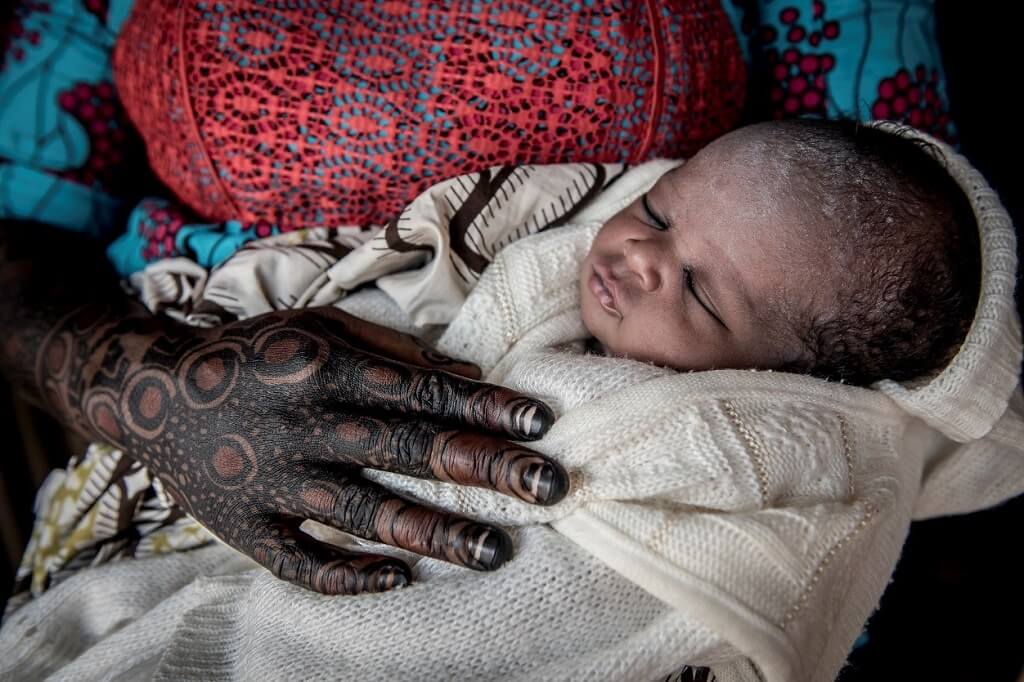Health
Babies In Nigeria Are Born With Antibiotic-resistant Bacteria – Report

Gavi, a vaccine research company, has disclosed that newborn babies in Nigeria have antibiotic-resistant bacteria from birth.
Gavi said mothers and babies younger than one week already have Colistin-resistant bacteria present in their bodies. The report said neither the mother nor the babies had been treated with Colistin.
The vaccine research company stated that its researchers took 4,907 samples from mothers and babies in Kano and Abuja between 2025 to 2017.
It noted that the research result showed that 1% of samples had genes conferring Colistin resistance, across 41 mothers and eight babies.
It read, “We found that samples taken from mothers and newborn babies younger than one week in Nigeria already had colistin-resistant bacteria present in their bodies. But neither the babies nor their mothers had been treated with colistin.
“Colistin is one of the last remaining antibiotics that is still effective in killing bacteria and fighting infections such as pneumonia. It is deemed critically important for human medicine by the World Health Organization.
“The samples from newborn babies and their mothers in our study were collected between 2015 and 2017 from three hospitals in Kano and Abuja. This research is the largest-ever screening of intestinal microbiota for colistin resistance in Nigeria.
“Of the 4,907 samples we analysed in our Cardiff and Oxford laboratories, we found that 1% of samples had genes conferring colistin resistance, across 41 mothers and eight babies. Although this is a low percentage, it is extremely worrying that any babies were carrying colistin-resistant bacteria within their first week of life.”
Gavi’s report added that Colistin is rarely used in Nigerian hospitals. It explained that the resistant bacteria may be picked from the environment, poultry, dairy products and crops.
“We surmise that mothers may have picked up these colistin-resistant bacteria from the environment. We cannot speculate on the specific mechanism.
“The babies, meanwhile, could have picked up the bacteria from the hospital, the community, or from their mothers. It’s not yet known if these colistin-resistant bacteria stay in the mothers or babies – but if they do this may increase their chances of acquiring future drug-resistant infections.
“Colistin is rarely used in hospitals and clinics in Nigeria. Therefore, our findings suggest that resistance may have emerged from the increasing use of colistin in agricultural settings in the country.
“We are continuing our research with collaborators in Nigeria to further understand the levels of resistance in both the healthcare system and more broadly,” it added.
According World Health Organization (WHO), the overuse and misuse of antibiotics in human medicine and agriculture has led to antimicrobial resistance – a process in which bacteria, fungi and parasites have developed the ability to resist the action of medicines.
WHO said antimicrobial resistance is one of the top global public health and development threats.
“This growing resistance is due to the overuse and misuse of antibiotics in both human medicine and in farming. They’re used in large quantities to grow crops and in animal feeds to treat and reduce the risk of infection in livestock.
“It has been forecast that, by 2050, more people will die from antimicrobial resistance than both cancer and diabetes combined,” Gavi’s report emphasized.












